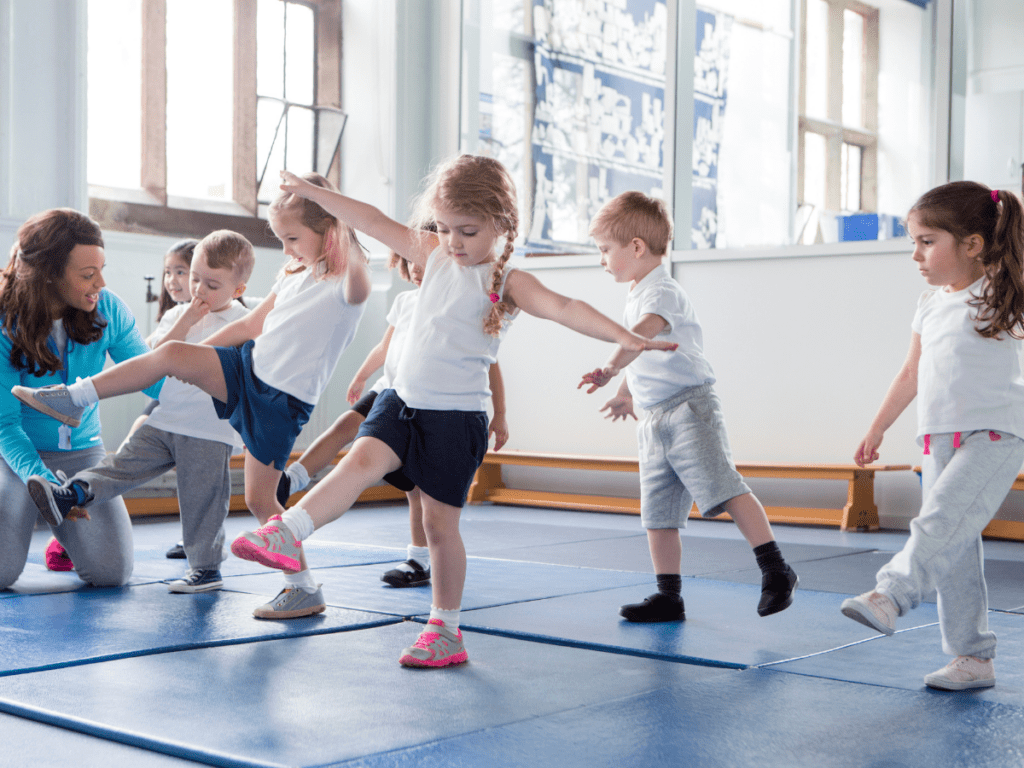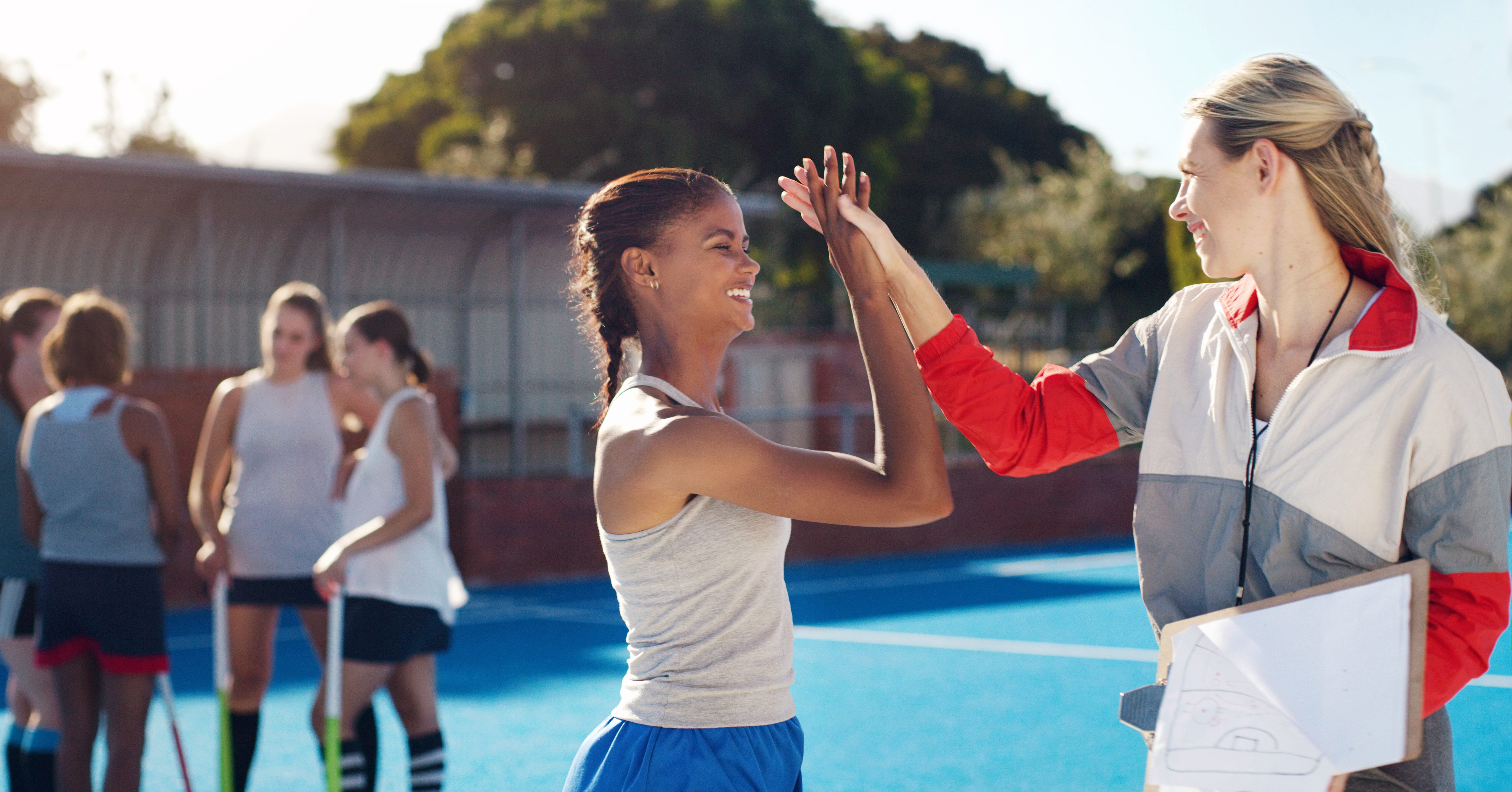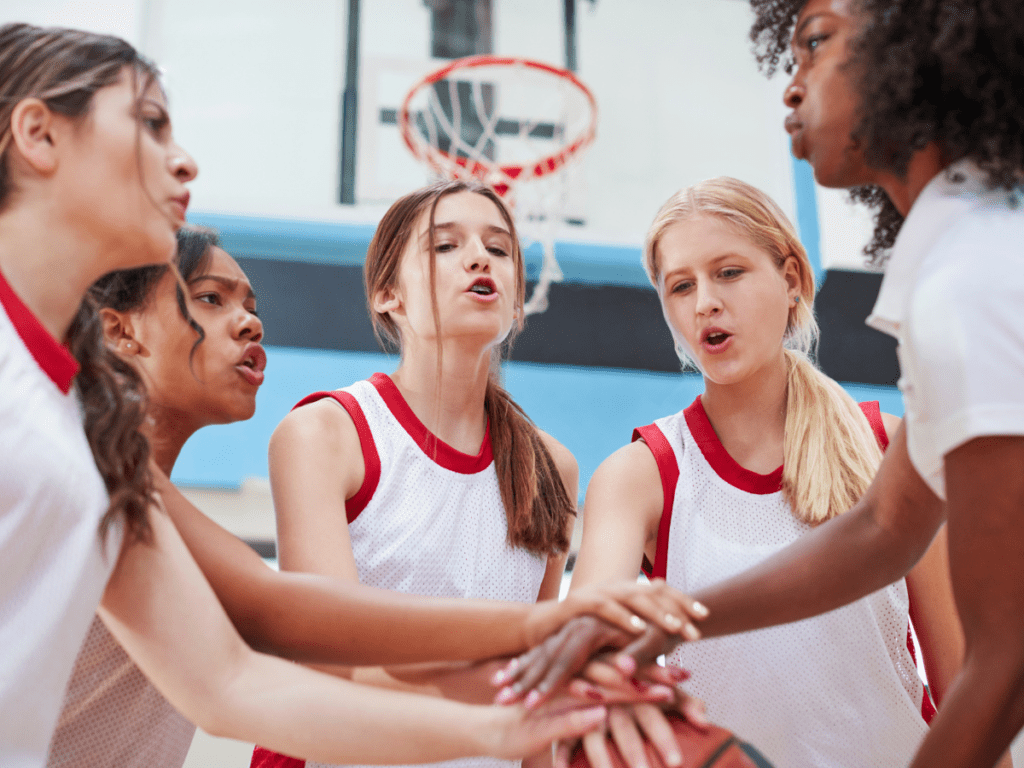Trickle down effect? Exploring the influence of the Olympic Games on preschooler sport participation and development

Background / Context / Objective The benefits of sport participation among youth are well recognized, yet little work has focused on understanding sport participation among very young children, despite growing participation at increasingly early ages. The first objective of this project was to explore sport participation and development among preschoolers. Findings suggest that while parents…
Exploring the process of lifelong learning: The biographies of five Canadian women coaches

Project Summary The purpose of this dissertation was to explore the biographies of five Canadian women coaches using Jarvis’s theory of human learning to understand how the multitude of experiences throughout their lives have contributed to their learning and coaching development. Coaches learn from a number of different situations and their past experiences influence what…
Youth Behaviour Trajectories
Longitudinal studies allow us to observe behavioural changes and identify patterns over time, providing unique insight on how behaviours are affected by life events. New research using data from the Monitoring Activities of Teenagers to Comprehend their Habits (MATCH) study, which followed nearly 1,000 children for eight years, describes how Canadian youth follow different trajectories…
The Digital Gamification of Youth Sport Engagement

Gamification is the use of game techniques, such as the allocation of points and rewards, to provide incentive and fuel the competitive spirit in aspects of life outside of sport (Bunchball, 2020). Examples are abundant, and include Points Days at Shoppers Drug Mart, using an Aeroplan credit card to earn travel miles, or opening a…
Phsychological skills and factors related to ice hockey officials’ coping and performance

Project Summary Research focusing on the development of psychological skills in sport, has been conducted primarily with athletes and coaches. However, we know little on how to assist officials to enhance their performance. Thus, the general objective of this research was to better understand ice hockey officials’ experiences in their sport and factors that influence…
Understanding adolescents’ positive and negative developmental experiences in sport

Project Summary Currently, there is considerable public concern about youths’ healthy physical and psychosocial development. As such, researchers in both developmental and sport psychology highlight a need to better understand how organized sporting activities may be contributing to youths’ positive or negative development. The purpose of this study was to gain understanding of adolescents’ positive…
International Mentoring Day 2020
Tri-level mentoring is a model in which coaches mentor youth leaders who then mentor their peers or younger youth. In this way, the benefits of effective mentorship cascade to influence positive developmental outcomes for all youth involved in programming. In recognition of International Mentoring Day, read more about how tri-level mentoring supports youth leadership development…
An Analysis of High School Sport

Project Summary Among the various opportunities young people have to practise sports, school sports are of particular interest because the ultimate goal of schools is to shape our future citizens. Although school sport has become increasingly popular in Canada, there are very few studies enabling us to assess whether it is achieving its stated mission…
Physical literacy and life-long participation
The development of physical literacy is essential to life-long participation in sport and physical activity. Learn how teachers and parents (and program leaders, coaches, and others!) can be allies in ensuring students develop the “motivation, confidence, physical competence, knowledge and understanding to value and take responsibility for engagement in physical activities for life” in the…
Physical Activity and Emotional Development
Research from the Université de Montréal found that children with low or no participation in organized sport from ages 6-10 showed higher emotional distress, anxiety, shyness, and social withdrawal at age 12 than those who participated regularly. The authors suggest that emotional skills learned through sport can help youth successfully navigate the transition from primary…